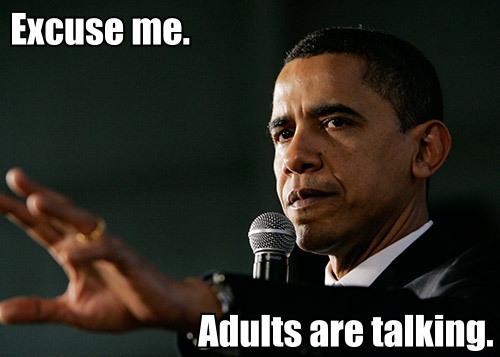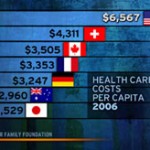Dear friends and readers.  It has been some time again since I’ve posted much here on Samadhisoft.  As some of you know, there have been a lot of things going on in my personal life that have preoccupied me since July.
To quickly recap.
My wife had divorce proceedings served on me on July 2nd.
Exactly two weeks later on July 16th, my Urologist gave me the results from a Prostate Biopsy and I found out I had Prostate Cancer.
After a crash self-education course on my options, I elected to have my Prostate removed since all indications were that we’d caught it early and it was still fully contained within the Prostate gland.
On August 11th, I underwent a robotic ‘da Vinci’ Prostatectomy at Swedish Hospital here in Seattle.
On August 19th, I went into my surgeon’s office to have my catheter removed and to get the Pathologist’s report on my Prostate. The report confirmed that the tumor was indeed, fully contained within the Prostate. My surgeon told me that this result meant that I had about a 95% chance of being Prostate cancer free.
It is now September 20th.  I’ve recovered well from the physical surgery. I still have minor issues with incontinence but these are said to improve for most folks over time.  Impotence is also an issue but recovery from that side effect generally takes six weeks to three months and I’m only about five weeks post surgery now.
The truth is, for me personally, neither of these factors weighs very heavily on me compared to dodging the cancer bullet.
I go in this coming Wednesday to see my surgeon for what I believe will be my last post operative visit.  He’ll draw blood and run a PSA test and that’s when we’ll get some indication if I do, indeed, fall into the 95% cancer-free group or if I’m one of the unlucky 5% folks in whom the cancer cells escaped from the Prostate into the body before the Prostate was removed.  My PSA level should measure as zero, if all the Prostate cells are gone from my body.
On the divorce front, things are still proceeding.  Here in Washington State in the U.S., all divorces have to undergo a 90 day cooling off period so the folks involved can see, after their emotions have subsided a bit, if divorce is what they still really want.
Oddly, in our case, I was strongly opposed to the divorce when my wife first had the papers served on me.  But, now that most of the 90 days have elapsed, I’ve decided that I do want to proceed with the divorce and she’s begun to express some doubts.
There’s also the issue of how we will split up our assets. It is complicated since we own a business and five pieces of real estate.  Originally, we told the court that we would provide the court a document detailing how we wanted to split our assets by mutual agreement.
But, thus far, this mutual agreement hasn’t been forth coming.
An, in the mean time, I am still departing for New Zealand in late November on what will very likely be a permanent move.  I’m packing boxes of my personal books and possessions and I’ve arranged for these and my motorcycle to be shipped by sea.
So, there’s been a lot going on here and it has distracted me greatly from Blogging. But, things will settle and I will likely resume.
I’m still following the news most days via my trusty RSS reader which I’ve set to trawl through 50 to 100 different websites and Blogs.
I’m still deeply convinced that the world is coming to a time of inexorable changes and they are not going to be pretty.
I may still post an occasional piece here if something intense arises. But, until my personal life sorts itself a out a bit, I’d be surprised if I will post a lot.
Stay well my friends, stay flexible in your thinking and always consider your options – you always have some!
 who will fight to the death to prevent any serious cost cutting, and it’s why Obama and the Democrats in Congress have largely chosen to buy them off instead.
who will fight to the death to prevent any serious cost cutting, and it’s why Obama and the Democrats in Congress have largely chosen to buy them off instead.

